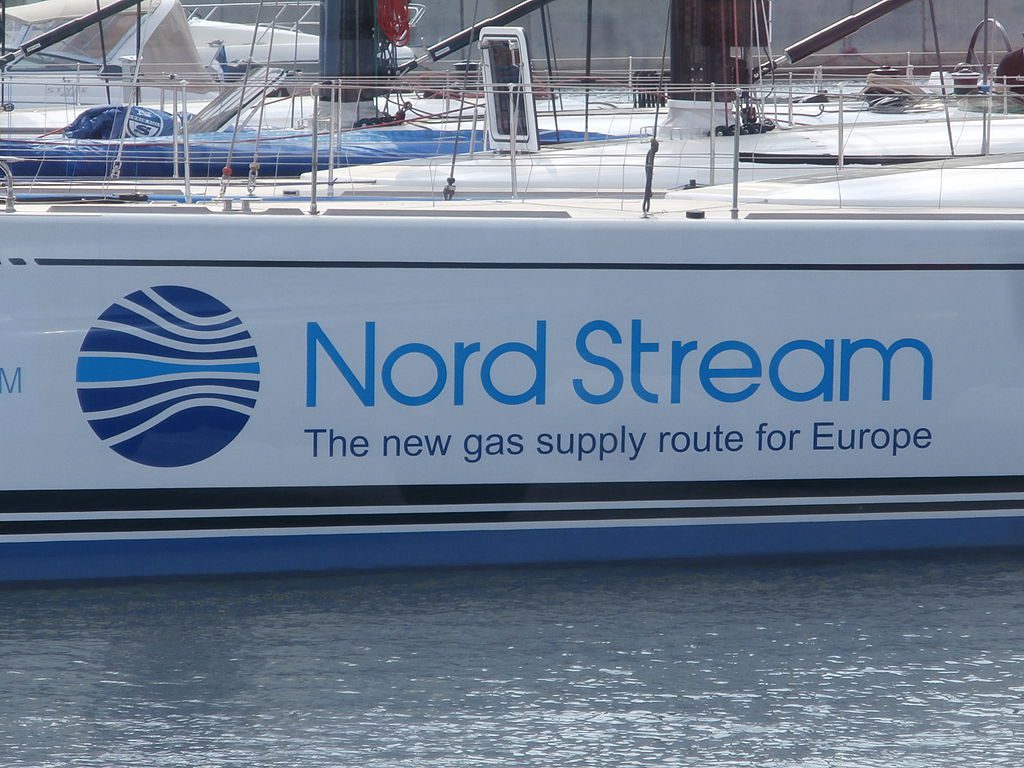
The game of poker between Germany and Russia over the delivery of gas continues, as the turbine serviced by Siemens Energy for the Nord Stream 1 gas pipeline has still not yet been delivered to Russia, according to Siemens. Meanwhile, Russia’s pipeline is delivering gas at only 20%.
Russia blames the missing turbine for its reduction in gas deliveries; Siemens Energy, however, denies such allegations and wonders why Russia isn’t using the reserve turbine at their disposal.
“Discussions with the Russian customer are continuing,” said Siemens Energy CEO Christian Bruch. “The turbine is still in Germany. There are still discussions about whether it can be shipped.”
According to Gazprom, the delivery to Russia is “impossible” due to sanctions from the West. The Gazprom board member Vitaly Markelov said that the changed delivery route from Canada to Germany, rather than to Russia directly, put the turbine at risk of sanctions by the EU and Great Britain. But German Chancellor Olaf Scholz stressed that gas has been exempted from sanctions, and pointed to another pipeline that Russia could use to fulfill its contractual obligations, such as the Yamal-pipeline running through Ukraine and the Czech Republic. At the same time, Germany continues to rule out the suggestion of ex-Chancellor Gerhard Schröder to open up the Nord Stream 2 pipeline to receive the remaining gas. Russia in turn blames the reduction on a “domino effect:” the delayed delivery of the turbine leads to the inefficient operation of other turbines in the pipeline, which require maintenance due to their prolonged use, in absence of the repaired turbine.
Amidst this game of putting the blame squarely at the opposing party’s feet, Siemens CEO Christian Bruch emphasized that if Gazprom desired, maintenance for the turbines at the Nord Stream 1 compressor station could continue. The maintenance contract, says Bruch, would be unaffected by the withdrawal of Siemens from the Russian market as part of the sanctions due to the war in Ukraine.
The service cycle of Gazprom’s turbines runs contractually until 2024, but Bruch stressed that the company is dependent on the customer (Gazprom) coming forward and asking for specific repairs to be made, as Siemens cannot act on its own. Clearing Siemens of any responsibility for the delayed delivery of the turbine, Bruch also didn’t fear any possible financial consequences as a result of this delay, as he added that it could clearly be shown “that we have done everything we can to ensure that we can deliver.”
With the end of summer approaching, Germany is tied up in a race against the clock to fill up its gas reservoirs before the winter. Recent data indicates that reservoirs are by now 70.4% filled, which brings Germany closer to its goal of filling up 75% of its capacities by September 1st.
